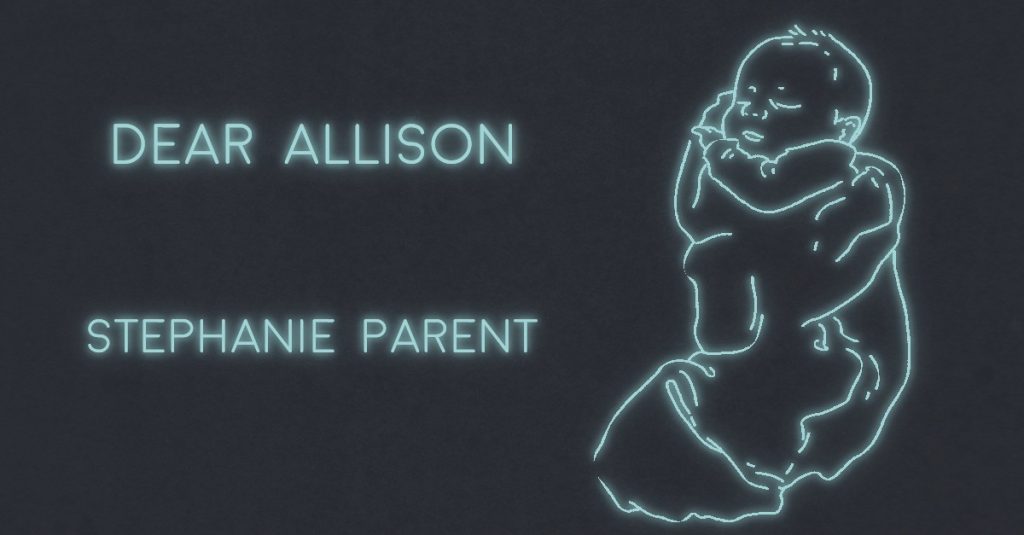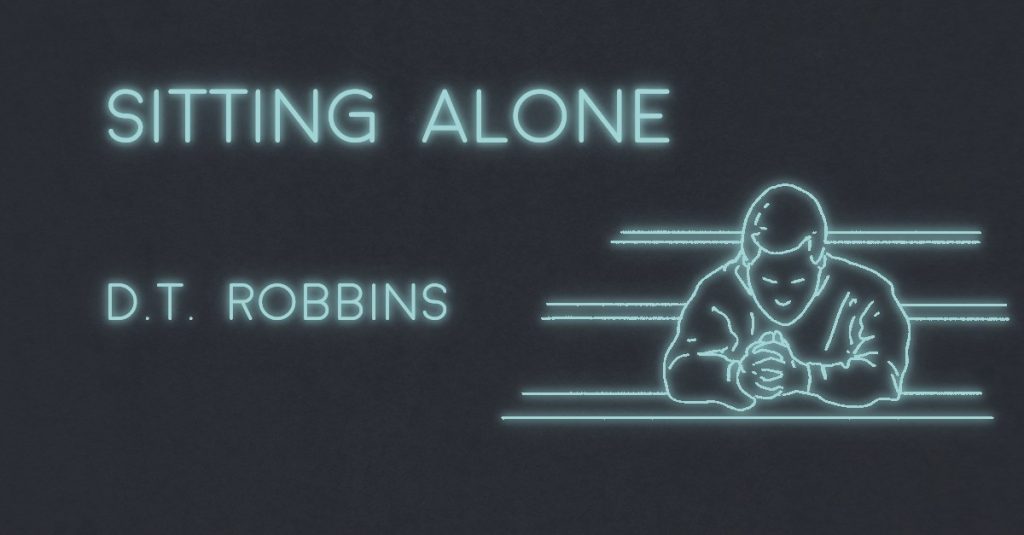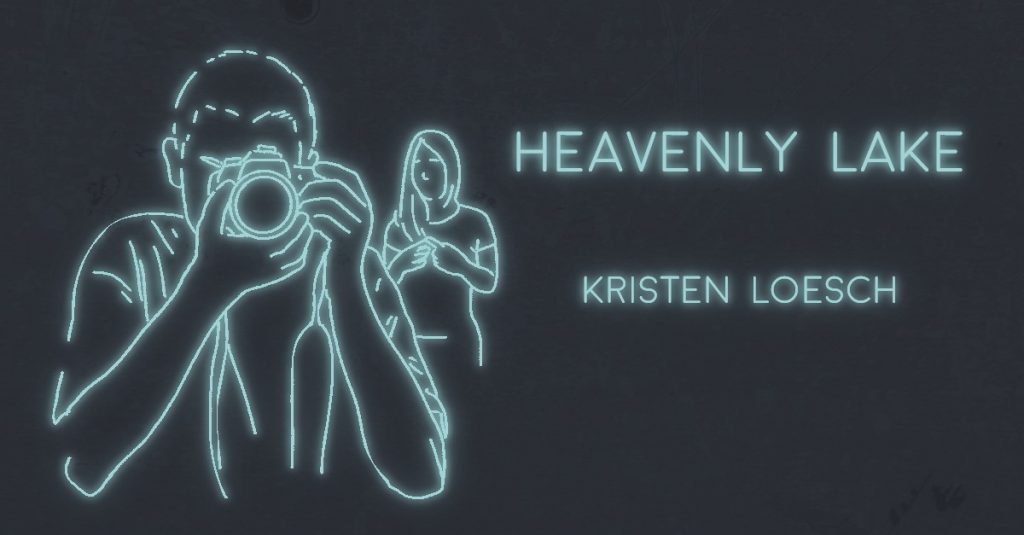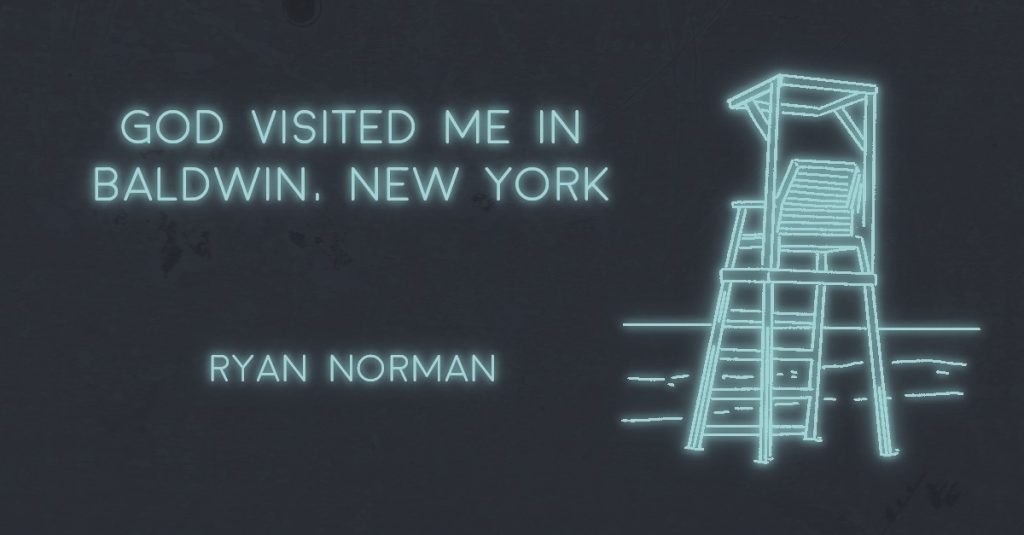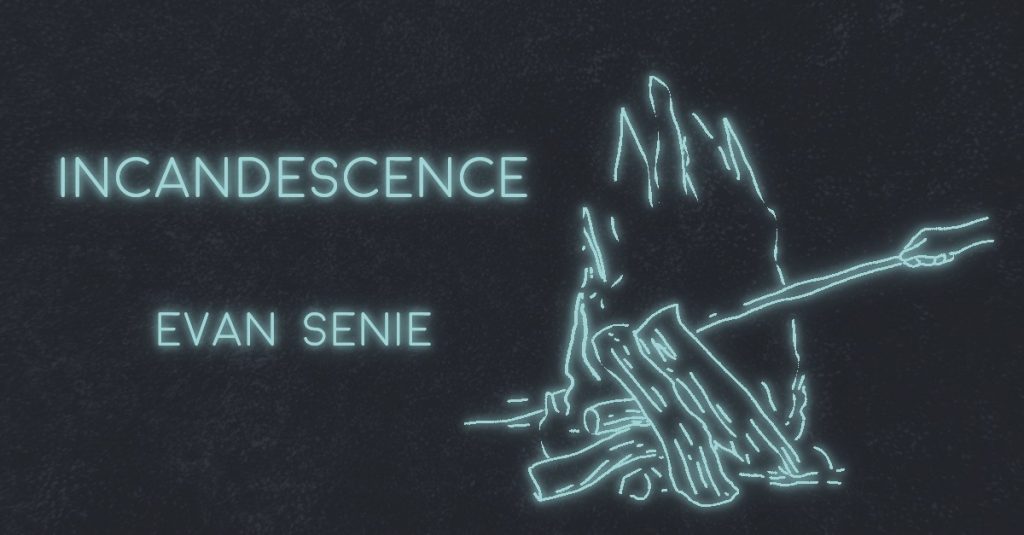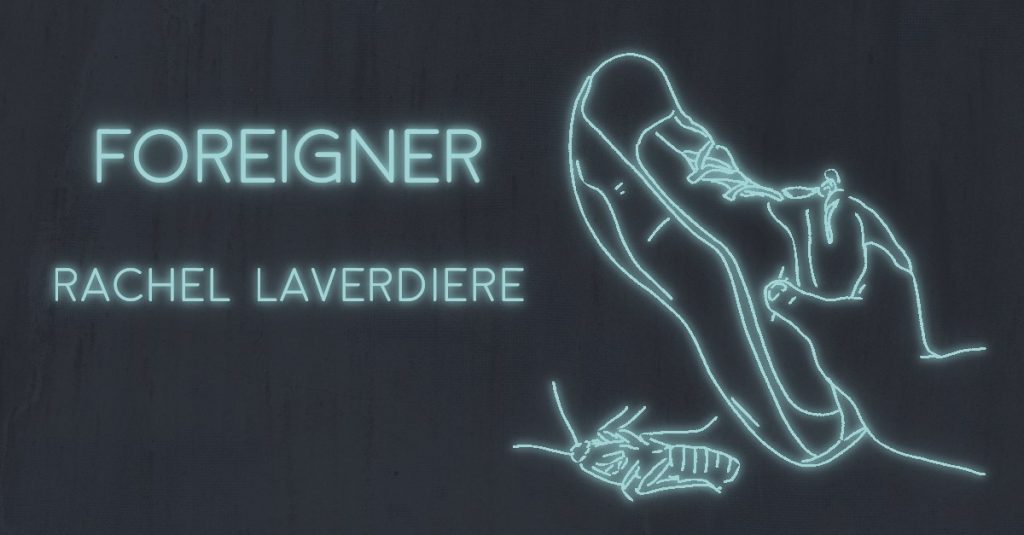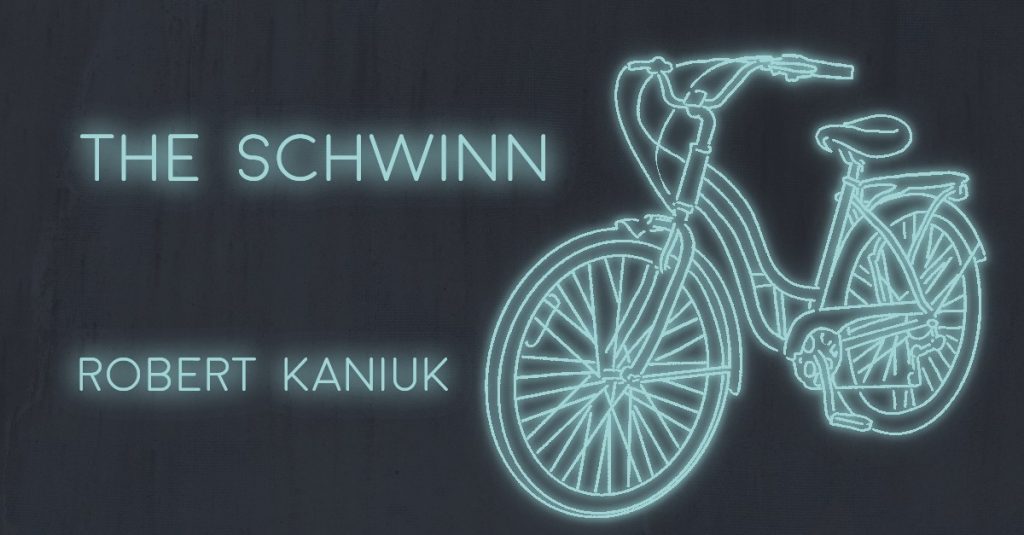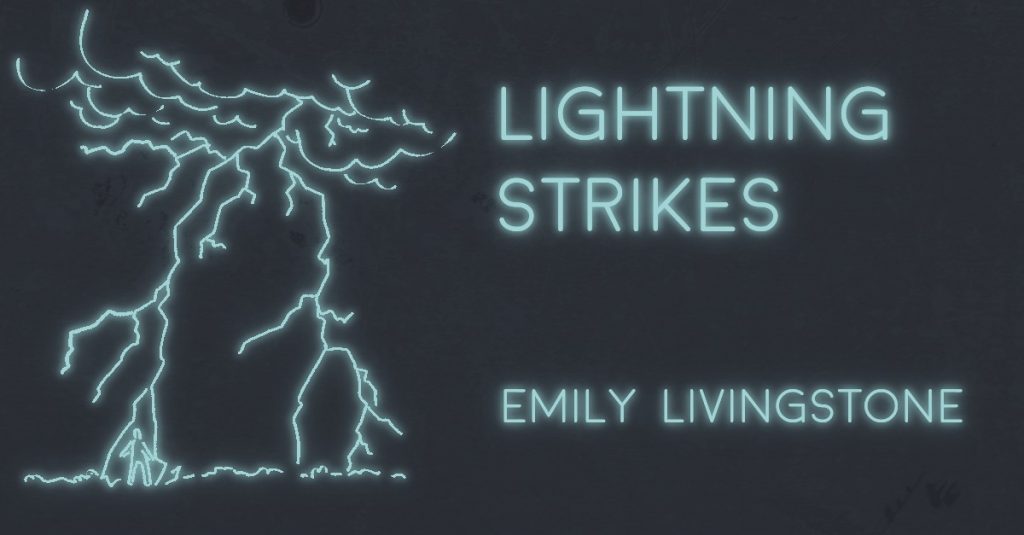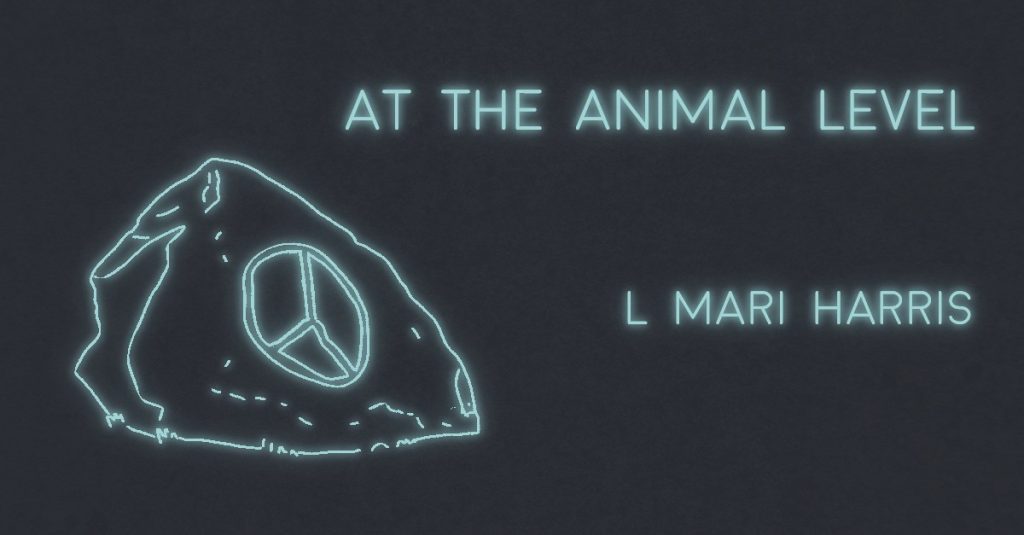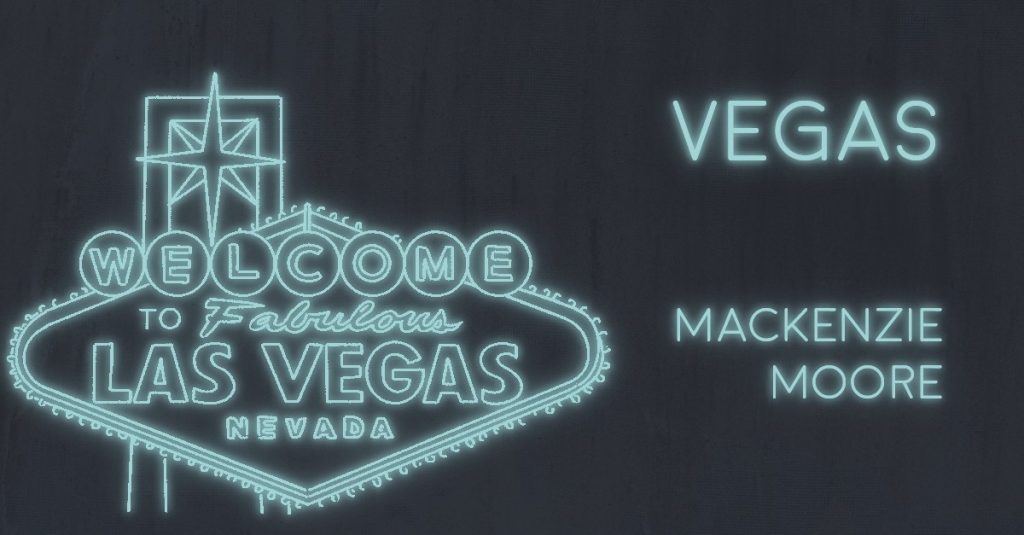
VEGAS by Mackenzie Moore
I shudder, feeling the heat as I approach the straightaway where all you see are the shells of casinos looming. Blink-182 cranking, asking me what my age was, again. I keep ticking past billboards that tell me when the buffets will return. I jam my foot down on the accelerator. Tempt fate with out-of-state plates.
I think about five months earlier when we peeled away, me from the curb at Terminal 2, and him off to the Mirage for the weekend. It feels like years. I-15 north is an unavoidable corridor, but I hadn’t considered that I’d get a visual reminder of how much we’d splintered in a couple dozen axial rotations. How it doesn’t take a flight, or a drive, or much at all. You can survive thousands of miles apart and months on the road, only for it to blow up in your face less than a mile from home. Tell Zoom to use that as their marketing hook.
The wheeze of a beige Super Duty trying to edge me out of the left lane would piss me off, usually—it would underscore how tiny my car is, and that in it, I’m basically flyswatter bait on the freeway. But the growling hum at the bumper just feels like another twitch, or tremble, like the ones radiating up through my floorboards back in LA. You know, like when the downstairs neighbor turns the air conditioner from dehumidify to cool. A nuance so distinctive you’d bet your paycheck on it. When I merged out of LAX those months ago, the transmission seized immediately, the tach shot to 4. I should have known, because just like the floorboards, it’s hard to deny when the Earth shudders, but why linger on some small roll indicating a piece of life is about to go sliding out the door.
***
When you stay long enough, you become salaried on estimating limits, knowing where the plateau levels off matters; don’t let anyone tell you otherwise. Because sticking your thumb on the exact moment of how long someone can drive without getting drowsy, or how long you can wander on foot before devolving into hungry-tired bickering matters. It means you’re really fucking great at anticipating, at predicting patterns, at working within reason.
But approximation is an art. Science dictates you’ll only go so far, so fast on medium grade gas. You’ll keep moving, sure, even if you skimp on maintenance. Thing is, the little corroded pockets will keep digging deeper, and only later—maybe once you’ve finally started to spring for premium when you’re deep in airport traffic, or alone in the Mojave desert, will the shudders come.
And maybe with 1,000 miles to go, hearing the low reverberations that confirm something was wrong, you’ll finally pay attention to the low roll, preparing you for when the tectonic plates start shifting.

